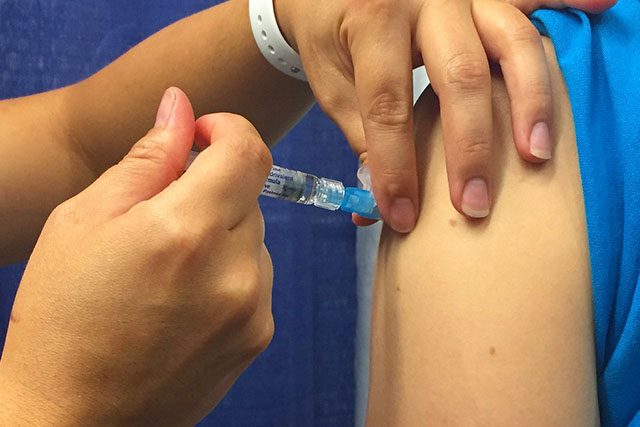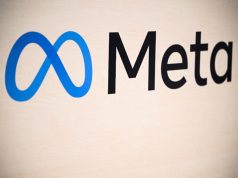
Amid the rise of dengue and measles cases in the world, a study pointed to two big organizations as the ones responsible for spreading an anti-vaccine movement on Facebook.
The Department of Health previously cited the growing vaccine hesitancy among parents as the reason for the outbreaks of the mosquito-causing diseases.
These organizations are the World Mercury Project, which is run by Robert Kennedy Jr., an anti-vaccine activist who was also the nephew of late President John F. Kennedy, and the Stop Mandatory Vaccinations campaign by Larry Cook.
Cook’s campaign has its own website filled with disproved information on vaccines. Meanwhile, the World Mercury Project is supposed to be a health advocacy agency that aims to change government policies to be more science-based.
The new research titled “Vaccine-related advertising in the Facebook Ad Archive” exported and analyzed a total of 309 advertisements from Facebook’s Ad Library, an initiative to improve transparency in the platform, within the period from December 2018 to February 2019.
Of these, Kennedy’s and Cook’s organizations bought 54% of the anti-vaccine advertisements.
While there are more advertisements with pro-vaccine messages (163), those with anti-vaccine content (145) have a slightly bigger reach on Facebook.
An article from Science Alert on this study added that these anti-vaccine activists, who cause people to fear vaccines, might also be better in gaming the system than pro-vaccine advertisers.
“In other words, antivax ads can be constructed in such a way as to comply with the rules set down by networks including Facebook, while still promoting views and claims that have no scientific credibility behind them,” David Nield wrote.
The researchers of the study also explained the difference of the themes and the types of buyers between the anti-vaccine and pro-vaccine ads.
“Thematically, anti-vaccine advertising messages are relatively uniform and emphasize vaccine harms (55%). In contrast, pro-vaccine advertisements come from a diverse set of buyers (83 unique) with varied goals including promoting vaccination (49%), vaccine related philanthropy (15%), and vaccine related policy (14%),” the researchers said.
They cited Facebook’s disclosure policy and labeling all vaccine-related content as important as possible reasons for misinformation.
“Improving transparency and limiting misinformation should not be separate goals. Public health communication efforts should consider the potential impact on Facebook users’ vaccine attitudes and behaviors,” they said.
Vaccine hesitancy or “the reluctance or refusal to vaccinate despite the availability of vaccines” is one of the top ten threats to global health according to World Health Organization.
Situation in the Philippines
Health Secretary Francisco Duque II specifically blamed Public Attorney’s Office Chief Persida Acosta and her views on vaccines for the refusal of parents to vaccinate their children, which consequently contributed to the rise of children with vaccine-preventable diseases such as measles.
Last August, DOH declared dengue as a national epidemic. A few months later, the agency announced a polio outbreak after more than decade of the country being free from it.
Despite such health crisis, the P16.6 billion that was supposed to be allocated to the health sector was removed from the proposed general appropriations bill worth P4.1 trillion for 2020.
The health facilities enhancement program and the financing of the Philippine General Hospital were also affected with this huge budget cut.









